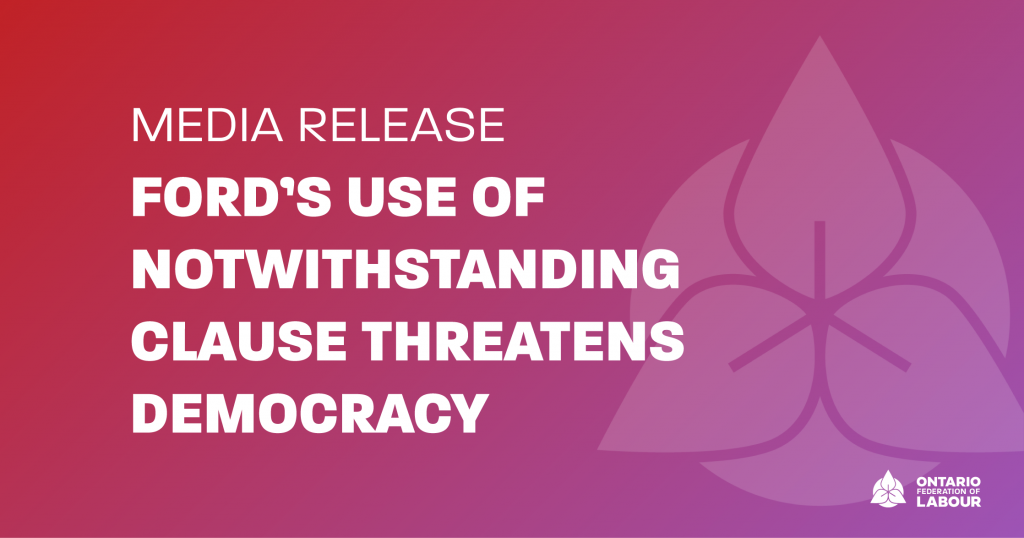That would be Ontario, though I suppose, in truth, it is far more widespread:
a rising number of deaths from Covid (this week was the worst since last May, despite three days missing from the weekly data) in the province. Nevertheless, our political overlords and their minions continue to do little to dispel the delusion that the pandemic is over.
That, presumably, would be bad for business.
True, Ontario's medical officer of health, Kieran Moore, has made some mewling sounds about mask-wearing and booster shots, chiding us for the low rate of -fourth-booster uptake among those 70 and up (a mere 16% , which he deemed "not acceptable"). Yet he seems strangely reluctant to really address the issue:
While a return to mandatory masking is not yet being recommended, Moore called on people to consider [italics mine] wearing masks indoors as cases rise and said he would not hesitate to recommend a stronger measure if necessary.
“If there is any significant impact on our health system where we can’t care for Ontarians appropriately, I will absolutely have the conversation with government (around) whether we have to mandate masking for a set period of time,” Moore told Global News.
Huh? Hasn't he heard about the current crises of overcapacity and staff burnout in our hospitals?
Perhaps his pusillanimous response is the inevitable outcome of working for the Ford government. The message seems to be: normalcy no matter what the cost.
And the cost could be substantial. New immunity-evading variants are of growing concern.
The increasing concern around these emerging variants has earned them unofficial Twitter hashtags that spare users from constantly typing awkward combinations of letters and numbers. BQ.1.1 is known as #Cerberus; its parent BQ.1 is known as #Typhon; BA.2.75.2 is being called #Chiron; and XBB has earned the moniker #Gryphon.
Whether or not these new immune-evading variants will lead to worse health outcomes than previous variants is the key question.
Dr. Peter Juni, former head of the Ontario Science Table, says thanks to vaccines and previous infection, the new kids on the block may not be as deadly as previous iterations. However, he admits of the possibility
that a variant that is both very good at evading the immune system — and also more virulent than existing strains — could one day arise.
Of course, the chances of new and deadlier variants increase with each new infection. Undeniably, vaccines are of tremendous importance in preventing serious illness and death, but so is masking. While neither confers absolute protection, statistics show significant reductions in infections and thus significant reductions in the chance for endless mutations to arise when both are embraced.
So why the increasing stigma and public repudiation of masking? I suppose some see the mask as a very visible constraint on what they regard as their freedom, binary thinking being very popular amongst the simple-minded. And, of course, as alluded to earlier, government sees it as a reminder that the pandemic isn't over, and that is surely viewed as an impediment to the economic imperatives that drive government.
It has been said that we get the government we deserve. Perhaps that observation needs to be updated to include the diseases that can decimate us.



